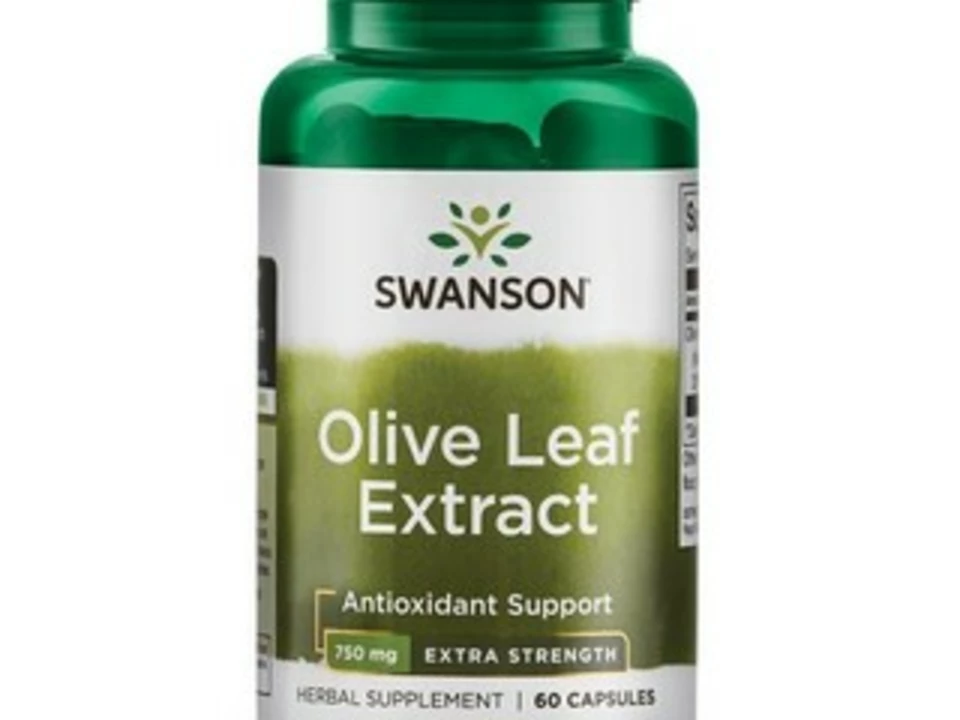Not all "natural" products are harmless. Some herbs and supplements can help, others can cause trouble if you mix them with prescription drugs or buy a low-quality product. This page gathers our best practical advice and spotlights real articles on CanadianMedCenter.com that dig into individual supplements and safety issues.
Start by reading pieces that explain specific herbs. Our Chuchuhuasi Supplements article covers a rainforest herb used for centuries and explains how modern supplements try to capture its benefits. Slippery Elm looks at digestive support and how to use mucilage safely. If weight loss interests you, the Raspberry Ketone post breaks down what the science actually says versus marketing hype. For uncommon but useful options, see the Tung Seed and Blue Cohosh guides for background, traditional uses, and known risks.
Always check the label. Look for clear ingredient lists, exact dosages, and no hidden “proprietary blends.” Choose brands that publish third-party testing or certificates of analysis (COA). Prefer products with standard extracts so you know the active amount. Buy from sellers who show contact info and a return policy — that matters when something feels off.
Start small. Try one new supplement at a low dose for a week or two and watch for side effects. Keep a short diary: dose, time, any symptoms. If you take prescription drugs like blood pressure meds, PPIs, or seizure medicines, double-check interactions. For example, some herbs influence liver enzymes and can change how drugs such as valsartan, metoprolol, or phenytoin work.
Pregnancy, breastfeeding, kids, and serious illnesses are times to avoid DIY herbal mixes. Natural doesn't mean safe in those cases. Beware labels promising fast cures or dramatic weight-loss results — these often oversell weak evidence. If a product says it treats a disease, it may be misbranded and risky.
Compare sources before buying. Our site also covers how to order medicines and online pharmacy safety, which helps separate legit vendors from risky ones. If you want both natural and prescription care, tell your healthcare provider what you plan to use. Many healthcare pros expect questions and can help avoid dangerous pairs like anticoagulants with certain herbs.
Finally, keep realistic goals. Supplements can support sleep, digestion, joint comfort, or mild mood swings, but they rarely replace proven medical treatment. Use reliable guides on this site to learn specifics for each herb, and reach out to a pharmacist or doctor when you’re unsure. Smart choices keep the “all-natural” label working for you, not against you.
Store supplements in a cool, dry place and check expiration dates. Toss any bottle that smells odd or shows moisture. If a product contains oils or probiotics, refrigeration often helps. Keep a single list of everything you take, including doses and the brand, and bring it to appointments. That simple habit prevents overlap, keeps your care coordinated, and saves time when a clinician asks what you use. Ask when unsure.

I recently came across an incredible all-natural dietary supplement called German Sarsaparilla, and it's been a game changer for my health. This powerful herb is known for its detoxifying properties, making it perfect for those looking to cleanse their body and improve overall wellness. Not only does it help with digestion and boosting the immune system, but it also has anti-inflammatory and anti-oxidant benefits. I've personally experienced more energy, better skin, and a stronger immune system since incorporating German Sarsaparilla into my routine. If you're looking to transform your health naturally, I highly recommend giving this amazing supplement a try!
View more